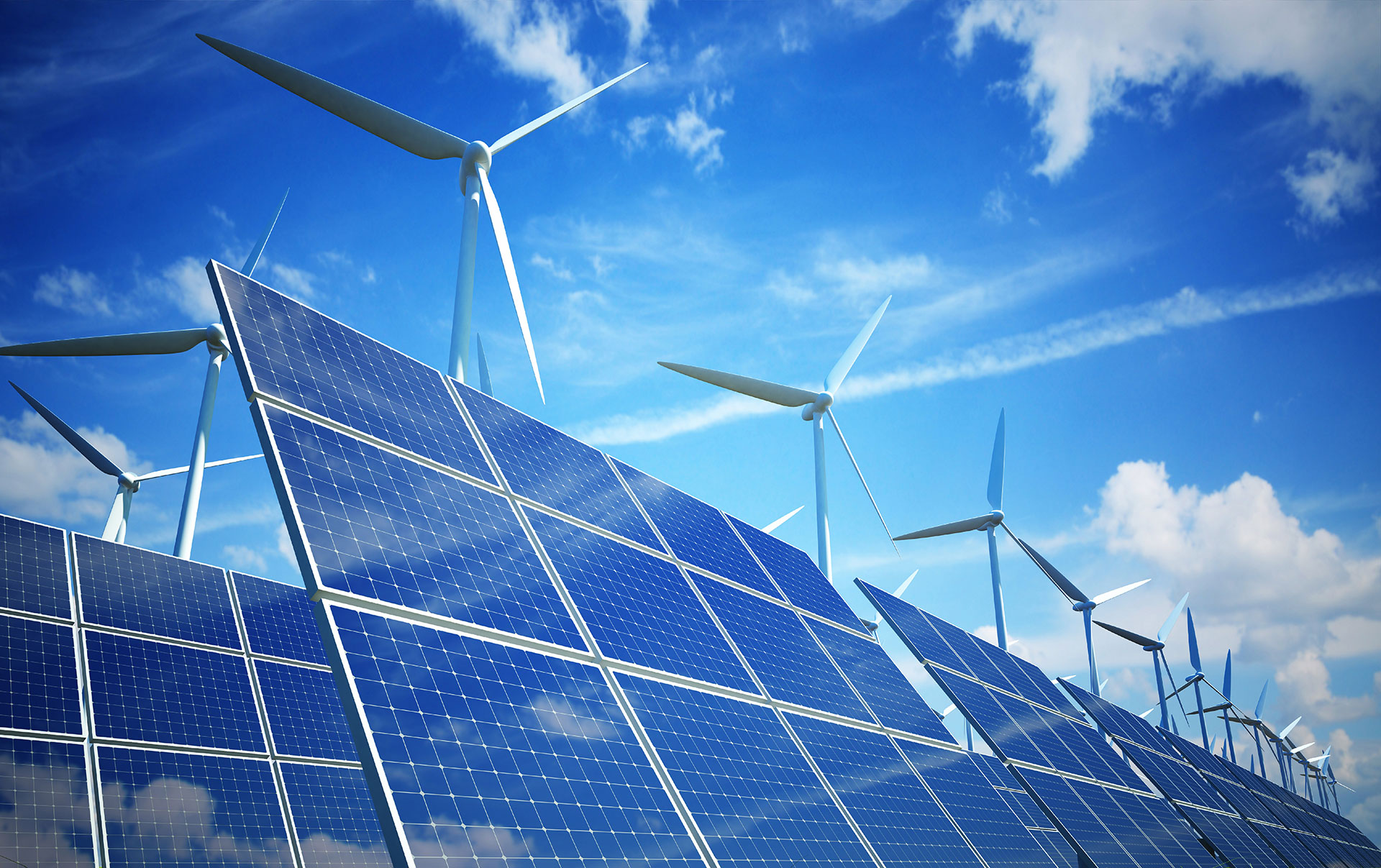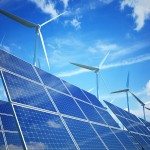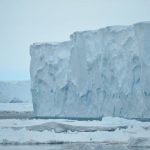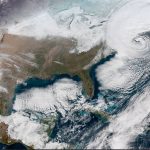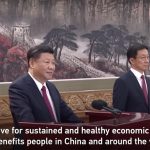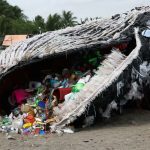Two years ago, former NASA climate scientist James Hansen and a number of colleagues laid out a dire scenario in which gigantic pulses of fresh water from melting glaciers could upend the circulation of the oceans, leading to a world of fast-rising seas and even superstorms.
Hansen’s scenario was based on a computer simulation, not hard data from the real world, and met with skepticism from a number of other climate scientists. But now, a new oceanographic study appears to have confirmed one aspect of this picture — in its early stages, at least.
The new research, based on ocean measurements off the coast of East Antarctica, shows that melting Antarctic glaciers are indeed freshening the ocean around them. And this, in turn, is blocking a process in which cold and salty ocean water sinks below the sea surface in winter, forming “the densest water on the Earth,” in the words of study lead author Alessandro Silvano, a researcher with the University of Tasmania in Hobart.
https://www.washingtonpost.com/news/energy-environment/wp/2018/04/23/one-of-the-most-worrisome-predictions-about-climate-change-may-be-coming-true/?noredirect=on&utm_term=.350ee40a21c8
